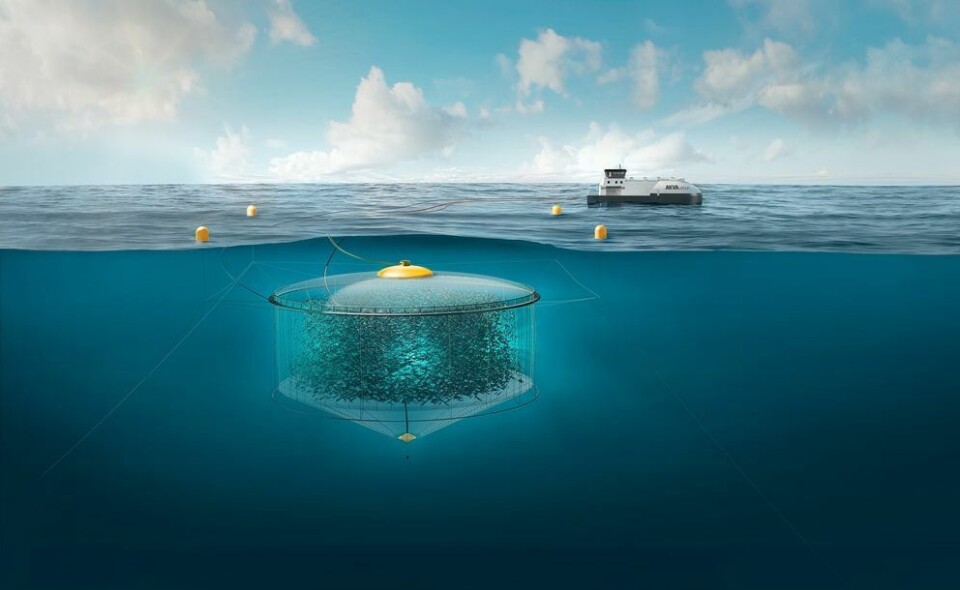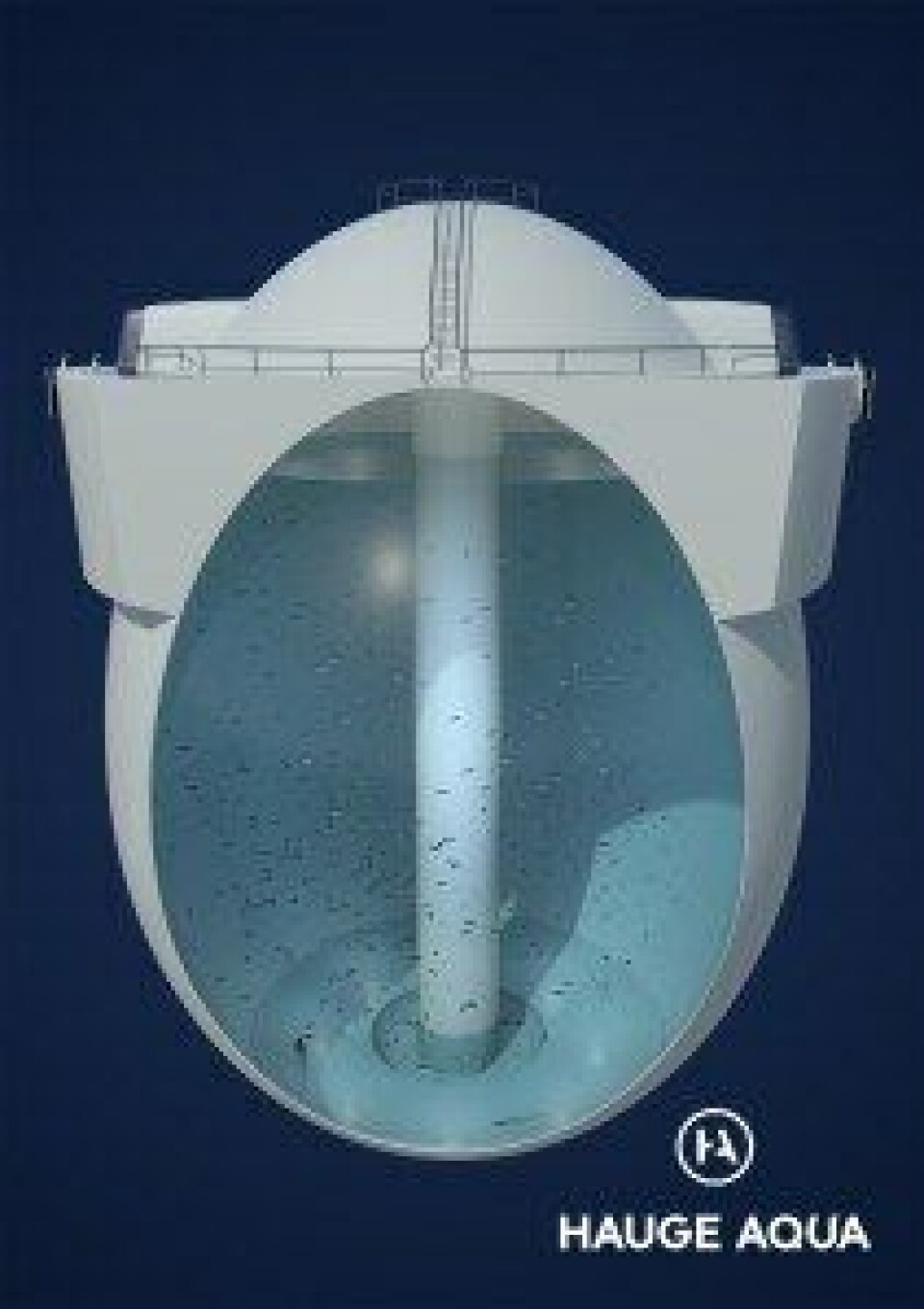
Subsea farm developers lose appeal but not faith
The developers of a sub-surface fish farming system are to review their options after losing an appeal to be allowed to grow more fish in Norway.
Atlantis Subsea Farming, a joint venture by AKVA group ASA, Sinkaberg-Hansen AS and Egersund Net AS, originally applied for six licences - which dictate the maximum allowed biomass - but was only granted two.
Atlantis said it believed that four licences were necessary in order to document the technology properly.
It appealed against the refusal of two of the licences but has now lost that appeal. The decision by the Ministry of Trade, Industry and Fisheries is final.
Testing of conditions
The company pointed out in the appeal that there were several reasons for that four permits were required. These included the case for economic investment, testing of conditions such as sea lice infestation levels and environmental impacts, and the extensive technology development.
With regard to biomass, four full units were needed for the latter to document the movement pattern of individual devices and the load on each other, said Atlantis.
The authorities decided one licence would be sufficient to test out the technology for the production unit, but that the mooring solutions and effects of the devices on each other provided the need for a second licence.
Still believe in project
“Naturally, we find the Ministry’s decision very disappointing, but we take note that this is a final decision,” said Trude Olafsen, general manager of Atlantis.

“However, we still believe in the project and are convinced that this technology will have a future – both because fish farming in deep waters have some obvious benefits, but also because the technology will have a sustainable cost level even after the development project has been completed. We appreciate that the authorities have found that Atlantis qualifies for the development licence scheme.”
With the possibility of receiving two licences, the company will now re-review the project based on the new preconditions this entails.
Permission for five Eggs
Meanwhile, the Industry and Fisheries Ministry has decided that Marine Harvest will get permission to build five of its "Egg" concept closed containment cages developed by Hauge Aqua. That corresponds to six licences, relating to an overall maximum permitted biomass of 4,680 tonnes.
Marine Harvest originally applied for 14 development permits, arguing that the Egg was expensive to build and more licences would allow it to achieve economies of scale.
Marine Harvest expected a total investment of NOK 573 million (£51.3m) to realise the concept with 14 licences (over NOK 40m per licence on average). They believe that when producing fewer than 10 eggs, price per egg will be higher due to lack of scale, and had calculated a total investment requirement of NOK 333m (£30m) for only four permits (over NOK 83m per licence).























































